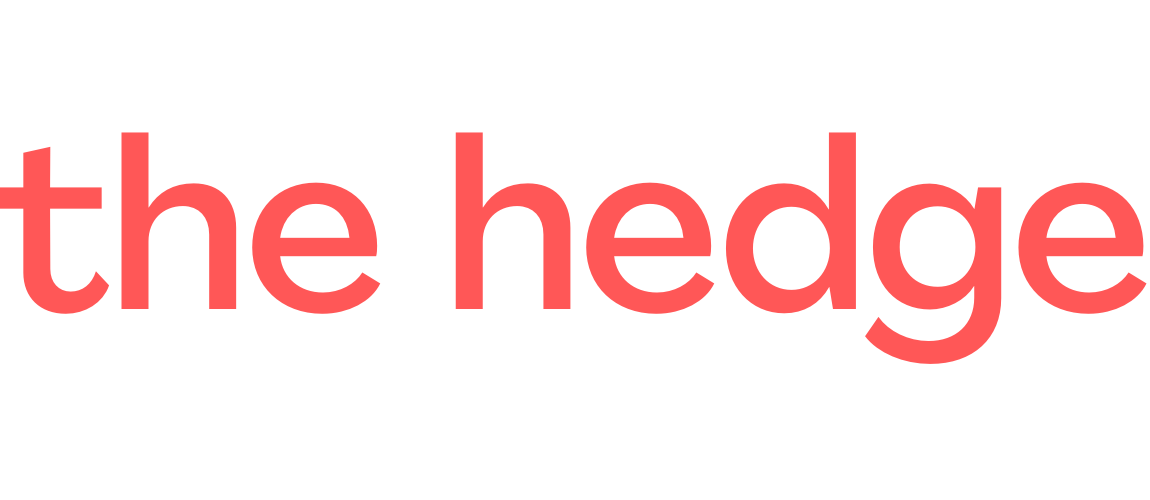Can a UK Bank Ask Where You Got Your Money From?
You may have come across a scenario where you are looking to make a deposit or a transfer into your bank account, and the bank has started asking questions. If you’ve had this happen before, it can feel like quite an invasion of privacy. Even if you’ve not done anything wrong, it can feel like you’re being somewhat interrogated, which isn’t a nice feeling for anybody.
The short answer to this question is: Yes, a bank can ask you where you got your money from.
This area of financial services is known as anti-money laundering, and is a requirement for all financial services companies, not just banks. In this article we’ll explain why your bank might be asking you these questions, and what you should expect going forward.
Why Does the Bank Ask Where Your Money Came From?
Money laundering is a big problem around the world. The term money laundering is used to explain the way that profits from illegal activities are “washed” so that they are no longer able to be traced back to that illegal activity. This is often done through a series of transactions, where illegally earned money is paid through various different accounts and companies. After enough time, it becomes impossible to decipher whether the money is from an illegal or a legitimate source.
The main reason banks ask where your money has come from, is because they are required to verify this as part of the law that has been put in place to try to stop money laundering. By asking you the details of where the money has come from, they can verify that it has been generated through legitimate means.
This is also the reason why they will often ask for proof, as it allows them to hold these details on their files should they ever be audited themselves by the government regulators.
What Anti-Money Laundering Measures do Banks Need to Follow?
In the UK, banks and other financial institutions need to conduct appropriate Customer Due Diligence (CDD) whenever they interact with a new client. This includes things like opening an account with a bank or share trading app or platform.
At the basic level, CDD involves ensuring that the person is who they say they are. This identity check is usually done through third party data aggregators like Experian or Equifax, but it can also be done manually through collection of documents like a passport and utility bill.
For an ongoing business relationship, there are also some additional CDD requirements, in particular around confirming the source of funds. Confirming the source of funds ensures that the money that will be transacted with the bank has come from a legitimate source. For example, if you have received an inheritance, then a bank is likely to want to see a letter from the executor of the estate. If you sold a business, they’ll want a letter from an accountant confirming it.
Depending on the circumstances, banks might also ask other related questions about the origins of the money. For example, if you are acting on someone else's behalf, they might need to find out who the ‘beneficial owner’ of the funds is. Some examples of this could be the beneficiary of a trust or a related family member.
What is Enhanced Due Diligence?
In some cases, banks will need to ask even more questions about the money. These are cases where there is a higher than normal risk that some sort of fraud or money laundering could be taking place. It doesn’t necessarily mean that the bank suspects anything, simply that the person involved meets the criteria that requires them, by law, to conduct Enhanced Due Diligence.
One reason for Enhanced Due Diligence is if someone is a Politically Exposed Person (PEP). People that fall into this category include politicians and diplomats, as well as their close family and associates. This category of people is considered to have a higher risk of being involved in bribery and/or corruption, and therefore additional checks are needed.
Another example is individuals who come from countries identified by the European Commission as high risk for money laundering. Some countries on this list include Afghanistan, Pakistan, Panama, Zimbabwe and Yemen.
Summary
In the UK, it is a legal requirement for a bank to conduct due diligence on its customers and to understand where their money comes from. With this in mind, a bank can ask you where your money has come from.
The purpose of these questions is to attempt to stop money laundering, which is the process of ‘washing’ money that has been generated through illegal activity. This creates the appearance that this money has come from legitimate sources, and makes it harder for authorities to track down criminals and seize their assets.
There are certain types of transactions that require higher levels of due diligence, such as those involving politicians and diplomats, as well as individuals from countries that are considered high risk for money laundering.
Whilst it can feel like an invasion of privacy to have someone from the bank asking you questions about where your money has come from, it’s important to keep in mind that they are required to do this to ensure that they are meeting their regulatory obligations to the government.











